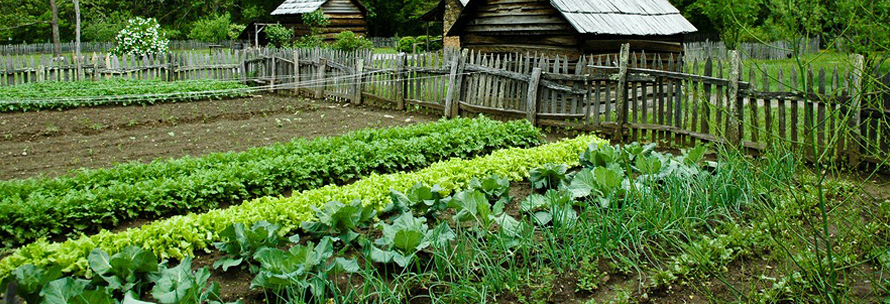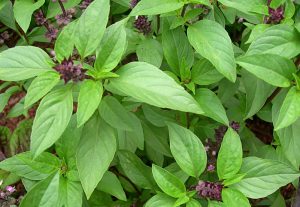10 Ways to Start Organic Gardening

Many gardeners are turning to organic gardening as a way of growing their own food and plants without having to use chemicals or artificial fertilisers. Organic gardening is also good for wildlife, as not using chemicals can protect the natural food chain of your garden.
You don’t need chemicals
Problems with plants and pests can be resolved without having to resort to using chemicals. You can choose plants for your garden which are naturally resistant to diseases and pests. You can keep the soil healthy by making compost from kitchen and other organic waste. Organic gardening is not only easier on your pocket, but it’s better for the environment. If you don’t use chemicals, you’re not creating waste via packaging either.
Tips to help you get started with organic gardening
Boost the health of your soil
Good quality soil equals healthy plants. You can spread compost made from kitchen or garden waste over the soil or you can even dig it in to provide the soil with nutrients and moisture.
Make your own compost
Fruit and potato peels, tea bags, coffee grounds, and old newspaper can be turned into compost. Fill a compost bin with a mixture of garden and organic waste. You could consider a worm bin too.
Choose the correct plants
Some plants are more naturally resistant to diseases or pests. Blight resistant tomato varieties such as Ferline, and carrots which are resistant to flies, known as ‘resistafly’ are good choices. As well as choosing stronger varieties, choose plants that suit the type of soil in your garden.
Tackle garden weeds organically
Prevent weeds from spreading by scattering bark mulch, leaf mould, or composted straw across the soil. If weeds do appear, pull them up before they can get established. You can add seedlings to compost, but get rid of tough weeds with long roots because they can actually reproduce in your compost bin.
Control insects naturally
Ladybirds and their larvae will eat greenfly and blackfly, mites, and some small caterpillars. Help them to flourish in your garden by having nettles and honeysuckle in your garden, which they like to feed on and hibernate in.
Hoverflies will eat greenfly and small caterpillars. They eat nectar and pollen, so include plenty of yellow and gold plants in your garden.
Spiders catch flying pests in their webs so ensure they have somewhere to spin their webs.
Hedgehogs and toads will get rid of slugs and snails.
Some plants are natural insect repellents, so include these in your garden, especially in a vegetable patch:

- Basil – Repels flies and mosquitoes
- Horseradish – Repels potato bugs
- Mint – Repels white cabbage moths and ants
- Peppermint – Repels white cabbage butterfly
- Rosemary – Deters cabbage moth, bean beetles and carrot fly
- Sage – Keeps cabbage moth and carrot fly at bay
- Thyme – Deters cabbage worm
- Make your garden welcoming for wildlife
Since wildlife help deter pests from your beloved plants and vegetables, it’s only fair that you should give them a little helping hand too. Try these tips to make your garden a haven for wildlife:
- Allow plants like sunflowers to seed so birds can have food in winter
- Create makeshift habitats for toads and hedgehogs out of logs or timber
- Put up bird feeders, bird houses and bird baths to bring birds into your garden
- Plant native plants to encourage bees into your garden. To keep the bees happy, plant flowers that will flower at different times so they have pollen and nectar all year round
Control garden diseases organically
Change the position of your vegetable crops every year to stop diseases building up in the soil. Also, don’t let plants dry out, as they become weak and vulnerable to disease.
Try companion planting
If you grow plants with a strong scent next to your vegetable crops, this will deter pests away from them.
Inspect your garden regularly
If you regularly inspect your plants, you can get rid of pests and cut away diseased parts of plants before they become a big problem.
Accept the organic gardening imperfections
If you grow plants and produce vegetables organically, remember that they may not look perfect but they are much healthier in your pocket, for you, and for the environment!








